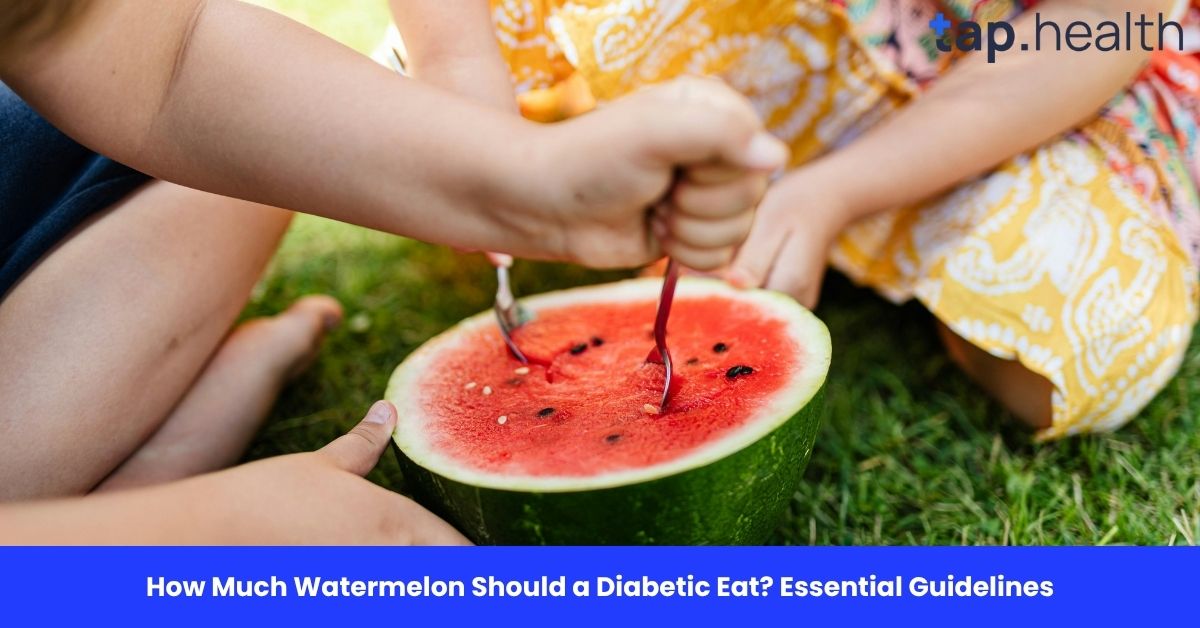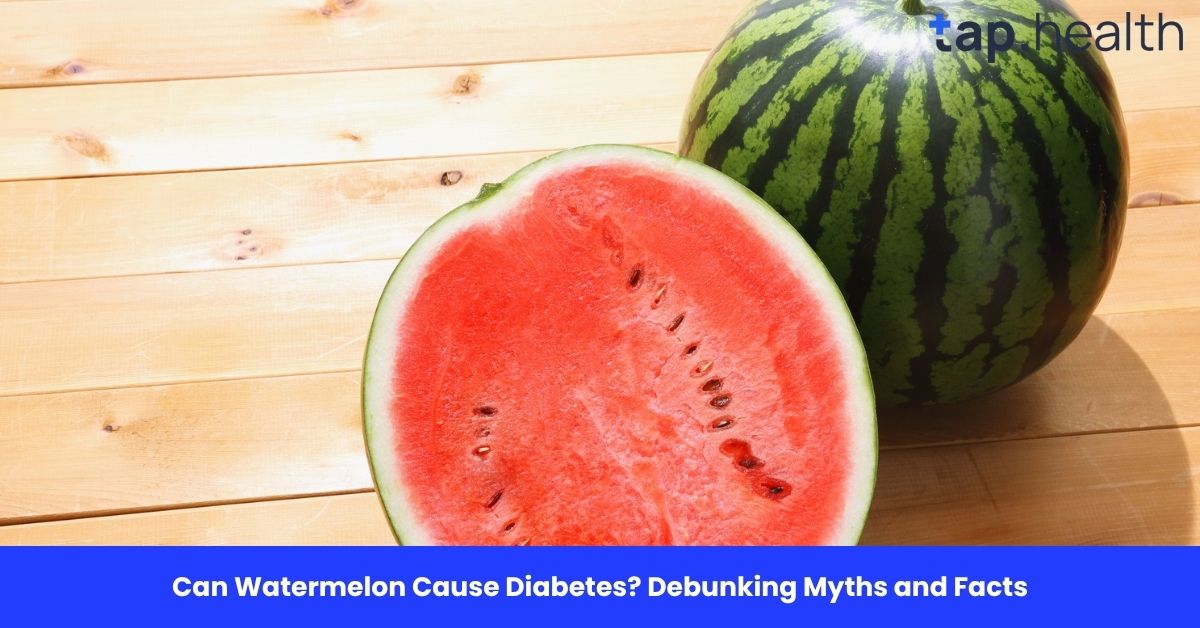In today’s fast-paced world, maintaining a balanced diet can be challenging with the abundance of convenient, processed foods. However, a balanced diet is crucial for optimal health, providing essential nutrients to support both physical and mental well-being. This guide explores the importance of a balanced diet, its key components, practical tips for implementation, and the role of exercise in complementing nutrition. By understanding and applying these principles, you can achieve long-term health benefits and improve your quality of life.
What Is a Balanced Diet and Why Is It Important?
Q: What defines a balanced diet?
A balanced diet includes a variety of foods from all major food groups—fruits, vegetables, whole grains, lean proteins, and healthy fats—ensuring the body receives adequate macronutrients (carbohydrates, proteins, fats) and micronutrients (vitamins, minerals).
Q: Why is a balanced diet essential for health?
A balanced diet fuels the body with nutrients needed for optimal function, supporting energy levels, immune health, and disease prevention. It also promotes mental well-being by improving mood and cognitive function, as nutrients like omega-3 fatty acids, found in fish and walnuts, are linked to reduced depression risk and enhanced brain health.
Key Components of a Balanced Diet
Q: What foods should be included in a balanced diet?
A balanced diet comprises:
- Fruits and Vegetables: Aim for a variety of colors, as each hue offers unique nutrients. For example, orange produce like carrots provides beta-carotene for vision health, while leafy greens like kale offer antioxidants and fiber for digestion.
- Whole Grains: Choose quinoa, brown rice, or whole wheat bread for fiber, which aids digestion and promotes satiety.
- Lean Proteins: Opt for skinless poultry, fish, beans, or legumes, which are low in saturated fat and support heart health.
- Healthy Fats: Include avocados, nuts, and olive oil for monounsaturated fats that lower bad cholesterol and enhance vitamin absorption.
Q: How do these components benefit health?
These foods provide essential nutrients that maintain healthy weight, boost immunity, and reduce the risk of chronic diseases like heart disease, diabetes, and cancer.
How to Plan a Balanced Diet Effectively
Q: How can I create a balanced meal plan?
Start by assessing your nutritional needs and incorporating a variety of nutrient-dense foods. Focus on colorful fruits and vegetables, lean proteins, and whole grains. Use portion control to avoid overeating, and consult a registered dietitian for personalized guidance.
Q: How do I accommodate dietary restrictions?
For vegetarian, vegan, gluten-free, or other diets, ensure nutrient balance by selecting appropriate alternatives. For example, legumes can replace meat for protein in vegan diets. A dietitian can help tailor a plan to meet specific needs while addressing allergies or intolerances, such as avoiding dairy or gluten.
Practical Tips for Maintaining a Balanced Diet
Q: How can I make healthier food choices?
Prioritize whole, unprocessed foods like fresh produce, whole grains, and lean proteins. These are rich in fiber, which supports digestion, regulates blood sugar, and lowers cholesterol.
Q: How do I overcome common diet challenges?
- Meal Prep: Plan and prepare meals weekly to avoid reliance on unhealthy convenience foods.
- Healthy Snacks: Keep cut fruits or nuts on hand to curb cravings.
- Mindful Eating: Eat slowly, savor each bite, and listen to hunger cues to prevent overeating.
- Healthier Alternatives: Use natural sweeteners like honey instead of refined sugar for baking.
- Community Support: Join online groups or share goals with friends for motivation and accountability.
The Role of Exercise in Supporting a Balanced Diet
Q: How does exercise complement a balanced diet?
Regular physical activity enhances cardiovascular health, builds strength, and supports mental well-being by releasing endorphins, which reduce stress and emotional eating. Exercise also regulates appetite and boosts metabolism, aiding weight management.
Q: What types of exercise should I include?
Incorporate a mix of:
- Cardiovascular Exercises: Jogging, cycling, or swimming for heart health.
- Strength Training: Weightlifting or bodyweight exercises to build muscle.
- Flexibility Exercises: Yoga or stretching to improve mobility.
Choose activities you enjoy to ensure consistency.
Long-Term Benefits of a Balanced Diet
Q: What are the long-term health benefits of a balanced diet?
A balanced diet reduces the risk of chronic diseases, supports healthy weight, boosts energy, and improves overall quality of life. It provides a foundation for sustained well-being.
Q: How does diet impact mental health?
Nutrients like omega-3s, B vitamins, and antioxidants support brain function, reduce cognitive decline, and protect against mental health issues. A balanced diet fosters emotional stability and cognitive clarity.
Addressing Common Questions About Balanced Diets
Q: Can a balanced diet help with weight loss?
Yes, by focusing on nutrient-dense, low-calorie foods and controlling portions, a balanced diet supports sustainable weight loss.
Q: How do I stay motivated to maintain a balanced diet?
Set realistic goals, track progress, and seek support from communities or professionals. Experiment with new recipes to keep meals exciting.
Q: Are supplements necessary for a balanced diet?
A well-planned balanced diet typically provides sufficient nutrients. However, supplements may be needed for specific deficiencies, as advised by a healthcare provider.
Conclusion
Maintaining a balanced diet is a cornerstone of long-term health, supporting both physical and mental well-being. By incorporating a variety of nutrient-rich foods, planning meals thoughtfully, practicing mindful eating, and complementing nutrition with regular exercise, you can achieve lasting benefits. Small, consistent changes in your eating habits can lead to significant improvements in energy, mood, and disease prevention. Start today by making informed food choices and embracing an active lifestyle for a healthier, happier you.



